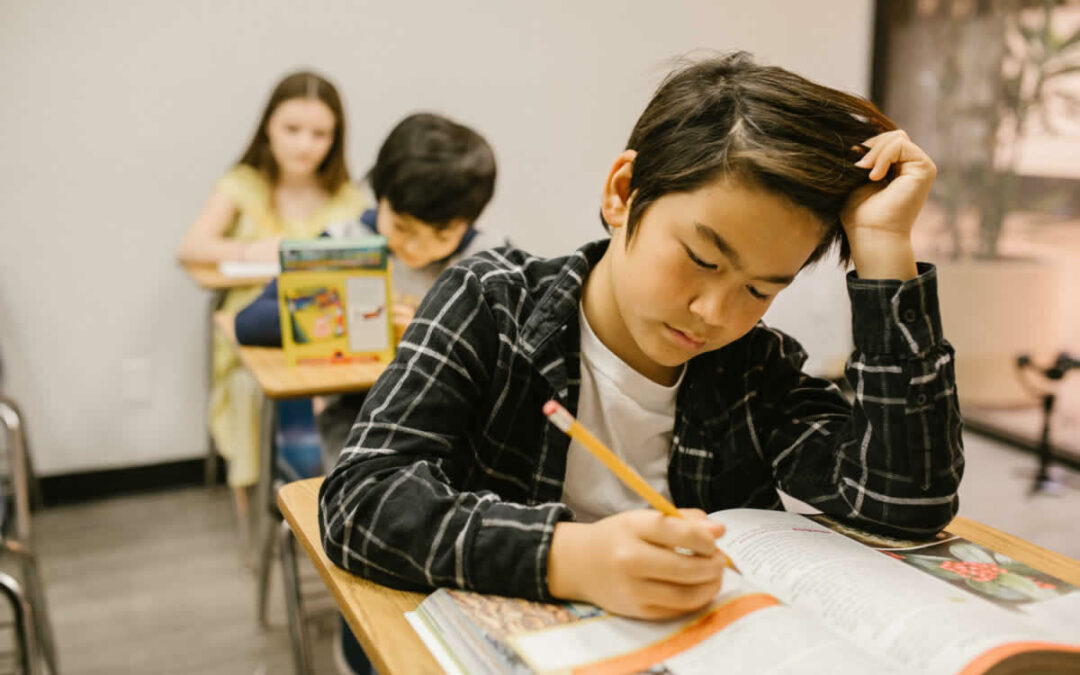Cognitive reactions to the crisis caused by the COVID-19 pandemic are: errors in conclusions, difficult decision-making, poor concentration, compulsive thoughts, distracting images.
The survey showed that during the pandemic and quarantine, as many as 52.88% of young people felt worried, 36.99% anxious and 24.1% lonely. 30.22% of young people said that they had more conflicts with family members than before, which warns of an increase in domestic violence during the “lockdown”; 27.34% of young people said the pandemic had completely changed their lives, and 55.4% claimed it had happened in a worse way, with increased stress and depression. When asked if they talked to someone if the changes were worse for them, as many as 56.12% of young people said no, and 89% said there was no need to talk to someone else that indicates an emotional state of anxiety, or blockage of feelings and repression of emotions. as well as stereotyping and stigmatization of mental illness, due to which the cultural characteristics of rural areas prevent open discussion on mental health and the inclusion of young people in preventive programs to improve mental health.
This course will help teachers, educators and learning specialists to develop quality tools for the resilience learning among the students and themselves.
Resilience is sometimes construed as a social and emotional competence – that is, the ability to persist and cope with challenges. However, resilience research usually defines resilience as growth and thriving (including well-being and mental health, as well as academic achievement and learning) in the presence of adversity/disadvantage such as abuse, trauma, poverty, a linguistic/cultural/ethnic minority background, violence or civil strife, migration or forced displacement (Masten, 2011). More recent definitions underline the availability of protective and supportive contexts that provide children and young people with the services, support and resources required for positive development.
COURES
Course registration
Course name:
Strengthening Resilience Among Students and Teachers During the COVID- 19 Pandemic
TERMS & CONDITIONS:
PAYMENT AND REGISTRATION (AFTER OBTAINING THE FUNDING)
TOTAL COURSE PRICE: 400EUR
(FOR 5 DAYS COURSE)
Accommodation and travel costs are not included in the course price.
The invoice will be issued one month before the start of the course/programme and send by email to the contact person (project coordinator).
INVOICE DETAILS:
IBAN: HR9624840081135200485
SWIFT: RZBHHR2X
Raiffeisenbank Austria
TeacherLab Croatia
Ljudevita Gaja 11, 33520 Slatina
Croatia
Please, send a confirmation of payment to: neda@teacherlab.eu

